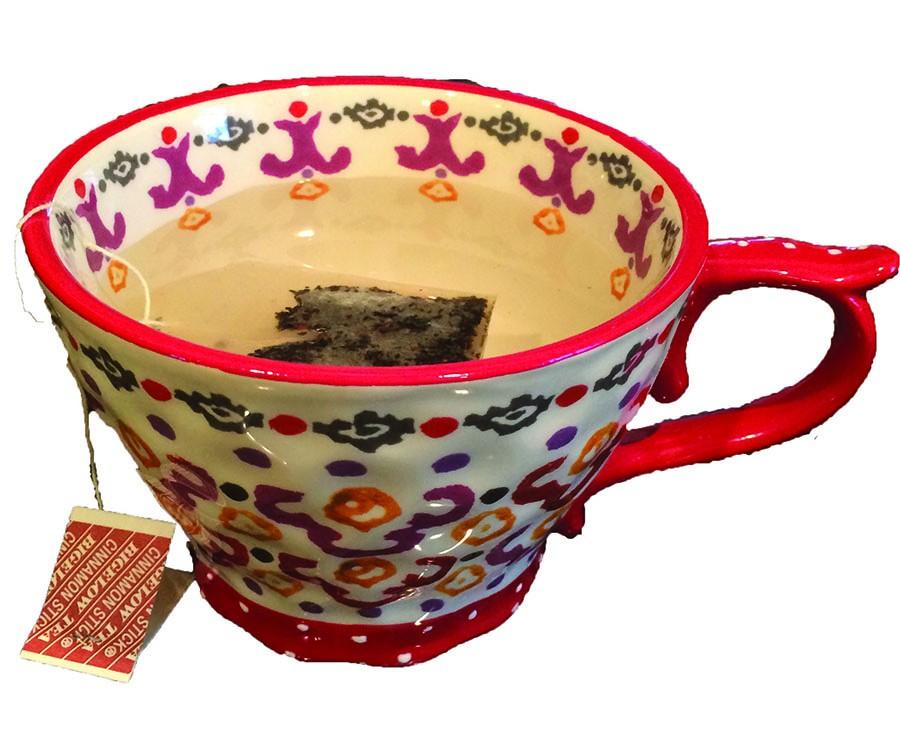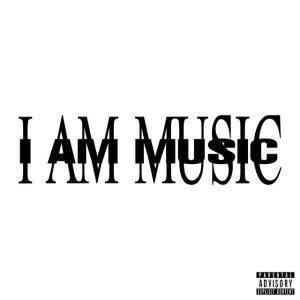Coffee vs. Tea—which is better?
Tea drinkers see benefits from the herbs while coffee drinkers fell the surge from caffeine.
May 11, 2015
The majority of our world needs an extra kickstart in the morning to start their day, naturally turning to what they know best: coffee. However, some prefer tea due to what they think of as a “healthier” alternative to get their caffeine. Only consisting of water and leaves, it must be healthier, right?
Coffee, the third most consumed beverage in the world, is America’s prominent go-to drink in the morning, 54% to be exact. It came from the Ethiopian highlands, where legend says a goat herder saw his goats becoming very hyper after consuming berries from a tree. Coffee then made its way to monasteries, where it was used to keep monks alert while in prayer. It didn’t arrive in Europe until the 17th century, and later made its way to America in the late 18th century.
Right ahead of coffee is tea, the second most consumed beverage in the world behind water. It was discovered in 2737 BC by the Emperor of China when the leaves accidently fell into his pot of water. After tasting it and being pleasantly surprised, the Emperor spread the recipes to other priests and scholars in Japan and China, where Tea was used as a way to meditate, study, and stay awake.
Coffee and tea both contain a multitude of benefits. Coffee has a higher amount of caffeine than tea, which can help people who have asthma by relaxing the lung’s airways. A higher level of caffeine can also help in reducing migraines by constricting blood vessels in the brain. Drinking coffee for a long time period may also help reduce the risk of dying from heart disease. According to the Harvard School of Public Health, coffee, in fact,is neither good or bad; It didn’t seem to cause any major problems but, it also didn’t help anyone.
Tea also has its benefits, containing many antioxidants and potential cancer-fighting properties, especially in green, black, and oolong teas. These antioxidants can help to block the oxidation of bad cholesterol (LDL) and promote good cholesterol (HDL). A specific type of tea—white tea—may help to prevent obesity, some cancers, inflammation, and heart disease. In a study done by the National Cancer Institute, results showed that green tea reduced the risk of esophageal cancer by 57% for men and 60% for women.
Although filled with many benefits, our favorite caffeinated beverages may also cause some health problems. Coffee has been shown to raise cholesterol and contain carcinogens, which are substances involved in causing cancer. Drinking coffee, tea, or any hot beverage for that matter, when it is too hot can also increase the risk of esophageal cancer. It has also been found to contain aluminum and lead that comes from China, India, or Sri Lanka. When it comes to caffeine in general, there can be resulted anxiety, insomnia, and restlessness.
When it is all broken down, there is a wide range of pros and cons associated with both coffee and tea, depending on how you look at it. For example, coffee is known for staining teeth, whereas tea protects them. Coffee, however, has a higher caffeine content, resulting in a multitude of benefits that tea does not have. Neither drink is healthier than the other or more detrimental, so keep on drinking whichever you prefer to start your morning right.




































![Teacher Lore: Mr. Hillman [Podcast]](https://bsmknighterrant.org/wp-content/uploads/2025/03/teacherlorelogo-1200x685.png)













